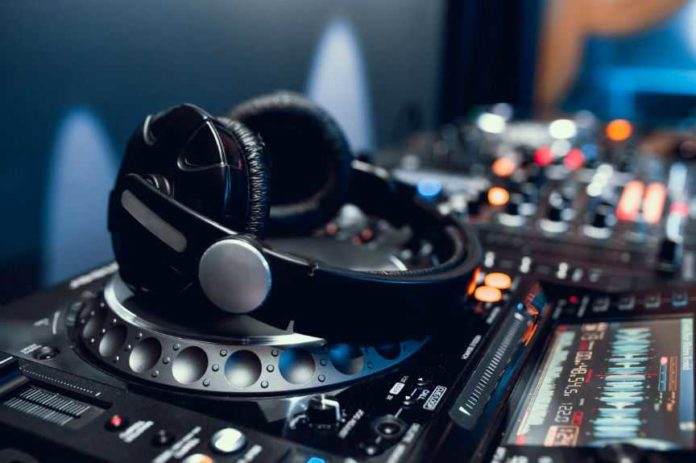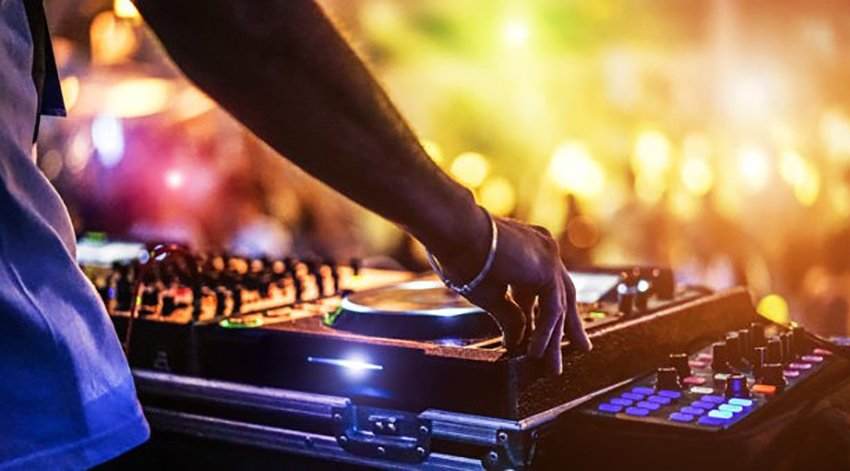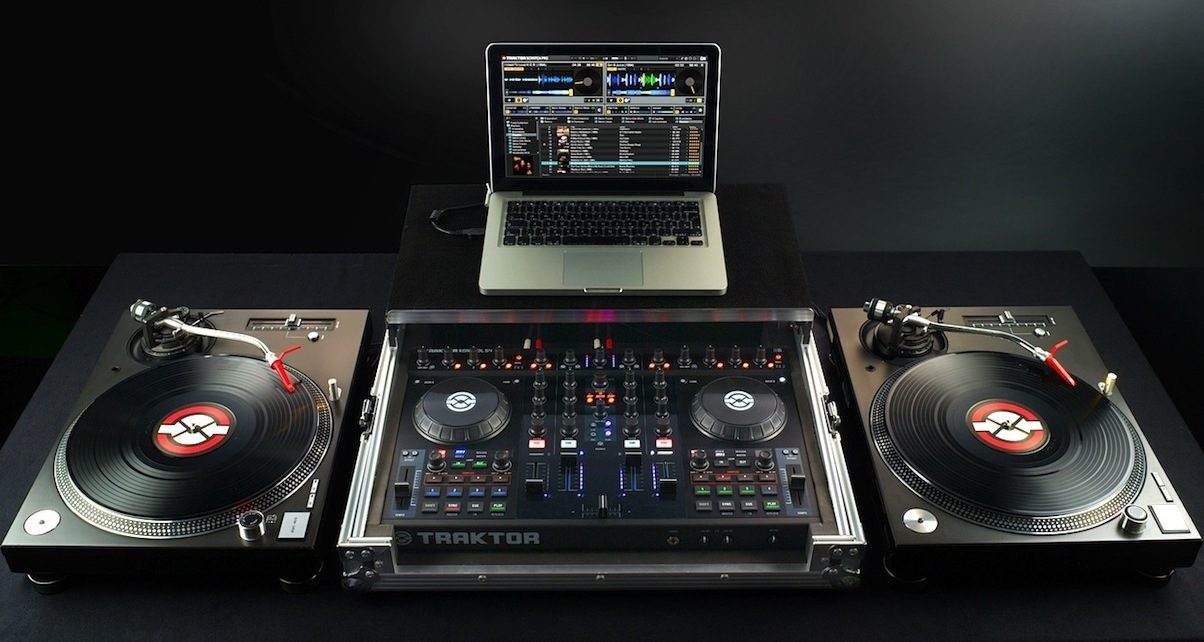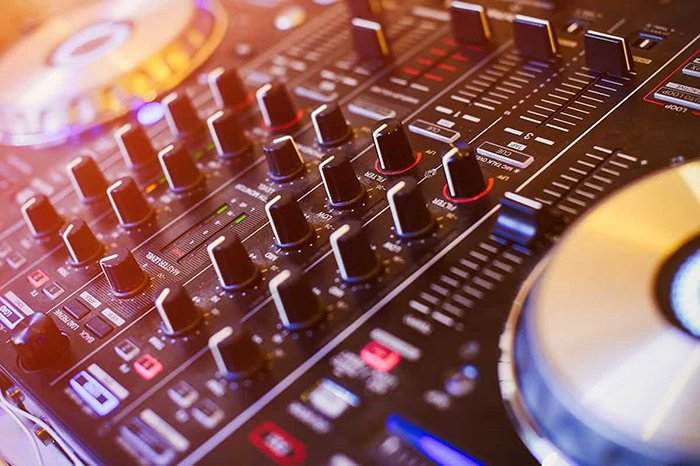Disclosure: This post contains affiliate links, which means we may earn a commission if you purchase through our links at no extra cost to you.
This guide is for both DJs starting out and people looking to hire a DJ. If you are just starting out, here are some quick tips and industry averages to help you charge for your gigs.
A few things to put out there: If you are a beginner, try to charge less than professional DJs because you still need to enter the industry before you position yourself. But this does not mean you charge decidedly less. Why? Because it will affect the industry averages. More on that later.
Table of Contents
How should I set a price? (For DJs)
So, before you take up any random number and set it as your price, consider the following things. How much does the rent of your gear charges, or how much did you buy the equipment for?
When you are quoting a price as a DJ, you are not just charging the person for you being a DJ; you have to include all the investments you have put in the things. If you do not have monthly and yearly goals, set some now. These will help you in calculating and coming up with a proper price.
Calculate all the amount you’ve invested in your DJ business. Did you get a website made and paid for that? Did you pay for courses to learn DJ? Did you invest a hefty amount in getting the DJ equipment?
Add all of them up. Now decide how many years do you expect to get that investment recovered. This might sound like a lot of business stuff, but it is essential if you want to understand your worth. Once you have got a total amount and the number of years you want to recover that in, decide the number of gigs you want to do per year and month.
For example, if you have invested around $20,000 in your business and you aim to recover that in maybe one year. Then you decide on the number of gigs you want to take on. Remember that this is just a hypothesis. There is no way you might get the exact number of gigs that you need to recover your investment and gain profits. You might end up with a lesser number of gigs or more! All of this is just a basic calculation to help you decide upon a number that you can believe in.
So, if you decide to do 24 gigs per year and two gigs per month, divide that total amount by the number of gigs. In this case, $20,000 divided by 24 comes to be around 833.33 dollars per gig. Now do not consider this as your price for all the events. There might be times when you need to charge higher or lower. It depends on your event.
Similarly, you can calculate your average pricing by following the method:
- List down all the investments in this business
- Add them up
- Write the number of years that you wish to reimburse this investment in
- Write the number of gigs you want to do on a yearly and monthly basis
- Multiply the number of years into the number of yearly gigs.
- Divide the amount of step 2 with the amount in step 5.
And there you’ll have your average pricing. Why should you settle on average pricing when you are not even sure of getting those gigs, and every event needs a different price? This activity is essential for you to believe in yourself and charge a price you can agree on. Usually, people tend to ignore all the investments they have made in the business and charge very low. On the other hand, people tend to charge very high and then don’t understand why their business is not doing well.
If you need help understanding the investments you have put in, here is a checklist to help you with the same:
- Local, State and Federal Taxes
- Business Property Tax
- Oil/Gas Charges
- Vehicle Rent
- Company Cargo Trailer or Van + maintenance and annual costs
- Business Licence
- Insurance Of Business
- Equipment Replacement Insurance
- Domain and business email hosting fees
- Website hosting fees
- Web design (either a pro or services like Wix)
- Marketing Costs (i.e., business cards, Advertisements, trade shows, social media ads, marketing agencies)
- DJ maintenance and replacement
- Technological costs
- Brand Clothing
- Internet, Work Phone, and Office Supplies
- Music Pool Subscriptions
- Purchases of Music
This activity allows you to see your investment all in one place and also help you believe in the price you charge because it is realistic.
The 833.33 dollars is like your average pricing. Sounds too much? Read on to know what is the general pricing for different events.
How much do DJs Charge?
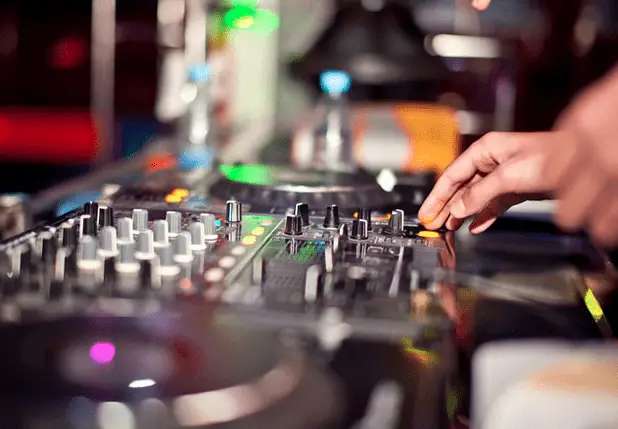
So, there is no single number that you can use anywhere. The prices keep fluctuating, and there are different prices for different events, as said earlier. But if you want a range of pricing, then DJs usually charge around $ 400 to $ 2000. There might be instances where you get a DJ for less than $ 400 or more than $ 2000, but this is your normal range.
Looking at the average pricing collected by companies like The Knot and Wedding Wire, the average pricing is $ 1000 for events. This includes weddings.
There is a chance that you are overwhelmed by the prices. Now, if you are looking to hire someone as a DJ for your event, you might want to read this. A DJ does not quote a price for himself/herself. A DJ quotes a price for your event after including all the expenses he/she might have to bear, such as rent of gear, hours of finding the right transition and experimenting, etc. In addition to that, whenever they have to do a gig, they spend hours traveling, setting up the set, and then also packing up.
If you want to hire a DJ for a couple of hours, then the pricing range of DJs is usually for 3 to 4 hours. They charge an additional price for every hour after the time period. This can be around $ 50 to $ 200. The main logic is the more hours, the more the money.
The price quoted by a DJ also includes the price of travel and lodging. If you are hiring a DJ for just a few hours, then you can expect that DJ to not travel hours just for that gig. While charging for the travel fees, try to calculate the amount you are going to spend on your vehicle rent or fuel per mile. While calculating this also understand that it might get too late after the event to get back in the night. Then you should also consider the charges of a hotel that you might potentially stay in.
Like mentioned earlier, a DJ does not quote a price for himself/herself. A DJ quotes a price for your event after including all the expenses he/she might have to bear, such as rent of gear, hours of finding the right transition. Similarly, the lighting effects are also included in the charges. You must understand that pricing for lighting fixtures at a cheap rate isn’t going to get you anywhere. Usually, the pricing of the lighting companies is high, and you want to make sure that you are getting back the money you are investing and also getting some profit in addition to that.
Nowadays, there is also a trend of photo booths along with DJs. So, follow the same method, find out the average prices, and select the one that suits you the best.
How to set pricing? (For DJs)
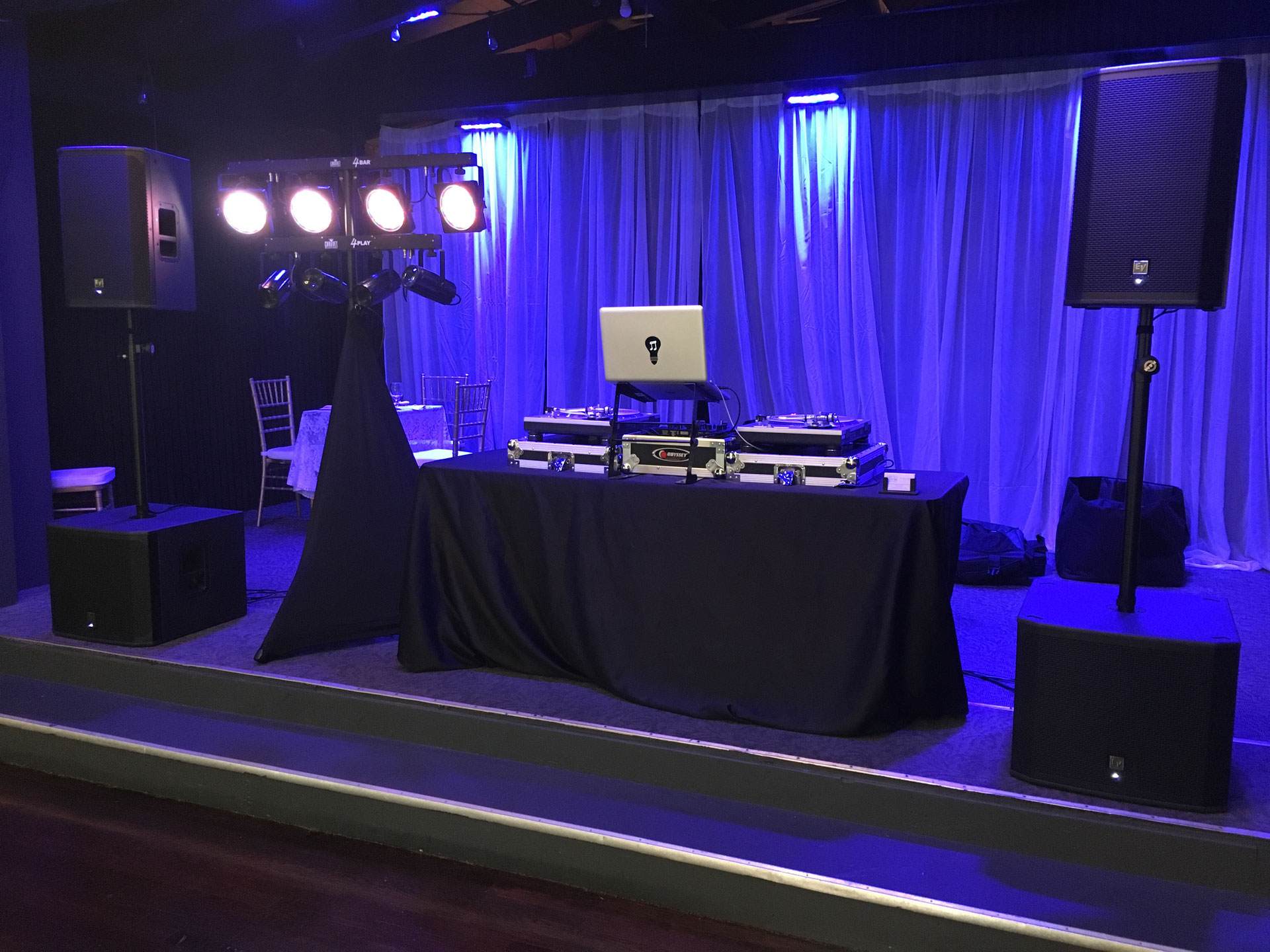
If you are still struggling with how much you should charge as a DJ and how you can gather information about the pricing range of lighting companies, etc., then here are some tips for you.
Try talking to other DJs if you can. It might sound crazy, but the DJ is a community, and you are a part of it. So, go ahead and find out other DJs. If you are not sure of reaching out to someone, go to websites of various DJs and check out the pricing. There are higher chances of them not showing a price on the website but instead asking details and then quoting a price. There is a way to handle that as well.
Use a fake email just to gather the information about the pricing and DJ stuff. You can use this email to get quotes from the other DJ companies by entering the requirements of the events you are expecting and then see the pricing. This helps you get a firm quote from different DJs, and you also tend to quote as a potential customer, so they are bound to reply. Then you can compare the prices of other DJs for the same event and see where you are at.
You can also take quotes from your friends who recently got married or hosted an event in which there was a DJ. This will help you to get the real prices for your events.
Here is another formula for you to set up a price.
- Give a number to your experience
- See what your reputation is like.
- What is your schedule load?
After you know all these, add them up and get a price.
Conclusion
The point is, you can do a lot of events at a low price and a small number of events at a higher price. You will make the same amount of money. But what is important is how much energy you have. If you go forth with the first option, you might want to quit soon because you will be spending more energy and time than what you are worth.
So, maintain a balance. In some situations, you might have to offer discounts. If DJing is your side gig, and you are working on a 9 to 5, do not charge very low. This is because you will affect the industry pricing, and some DJs do not do a 9 to 5. Their primary source of earning is DJing, and you will affect their income by charging very low.
Every event will have different pricing, and you need to charge a price that covers your cost of investment, gives you a profit, and something you also believe in. So calculate and charge what you are really worth.

